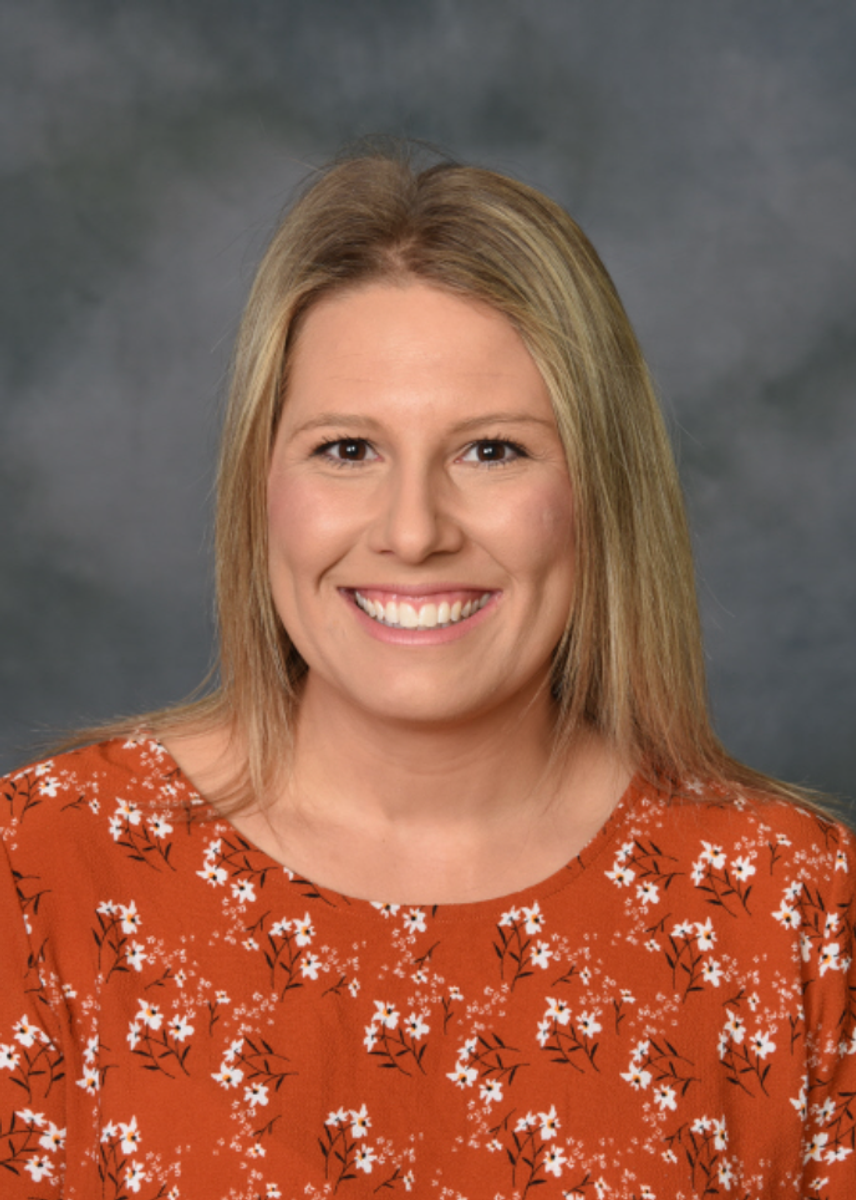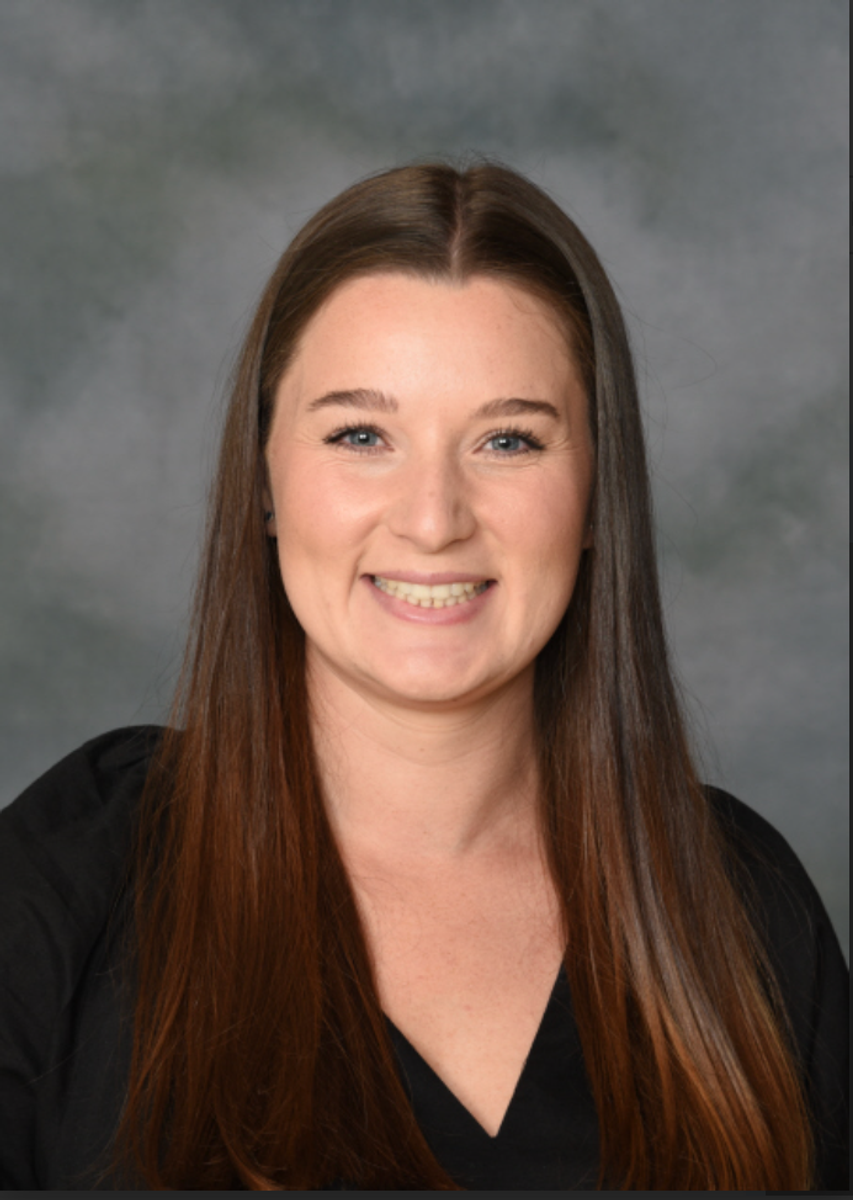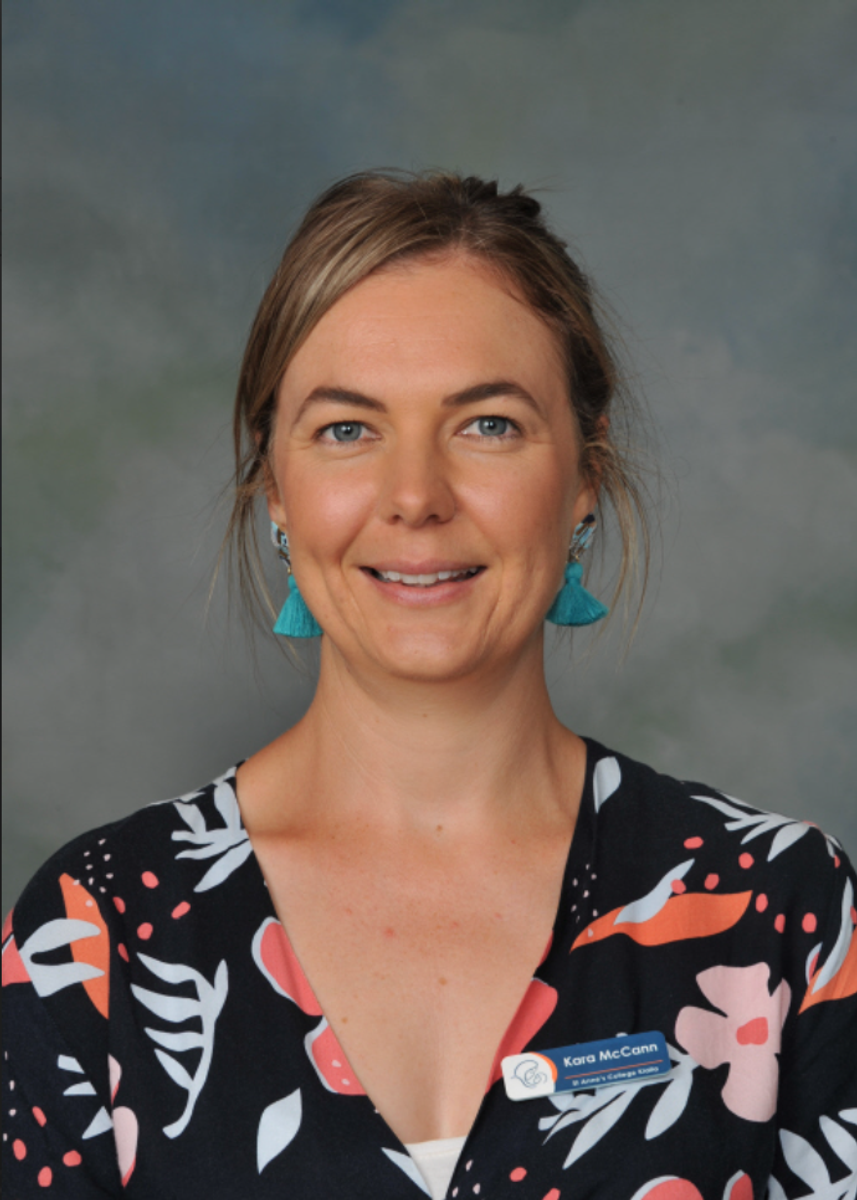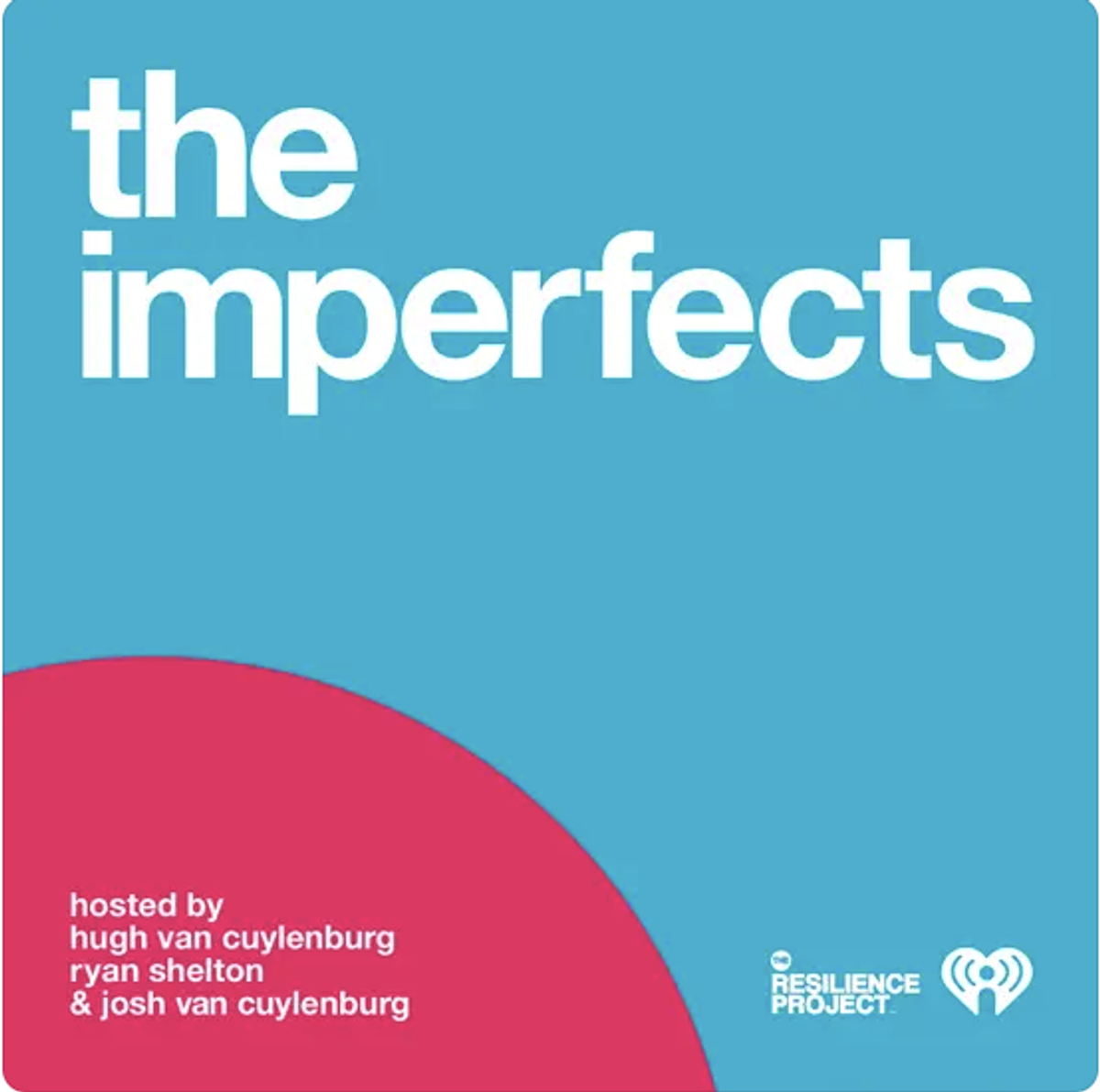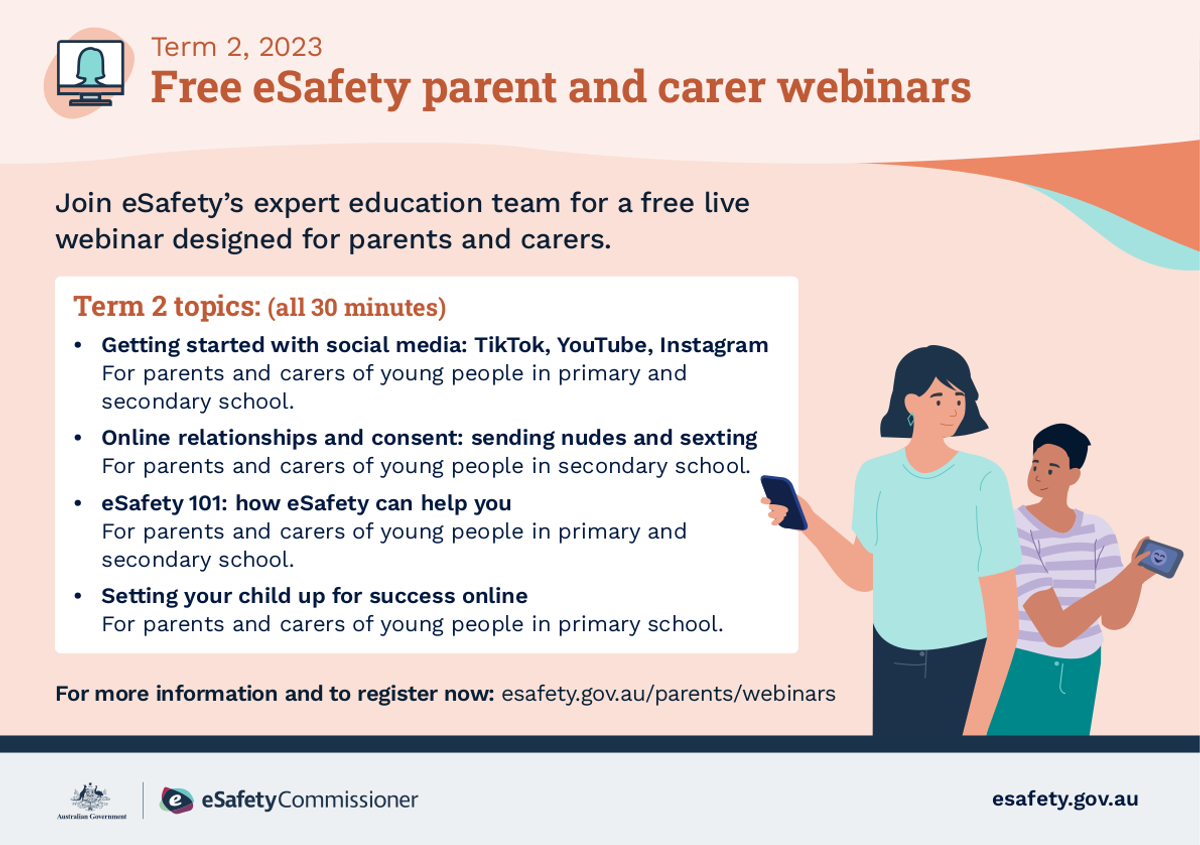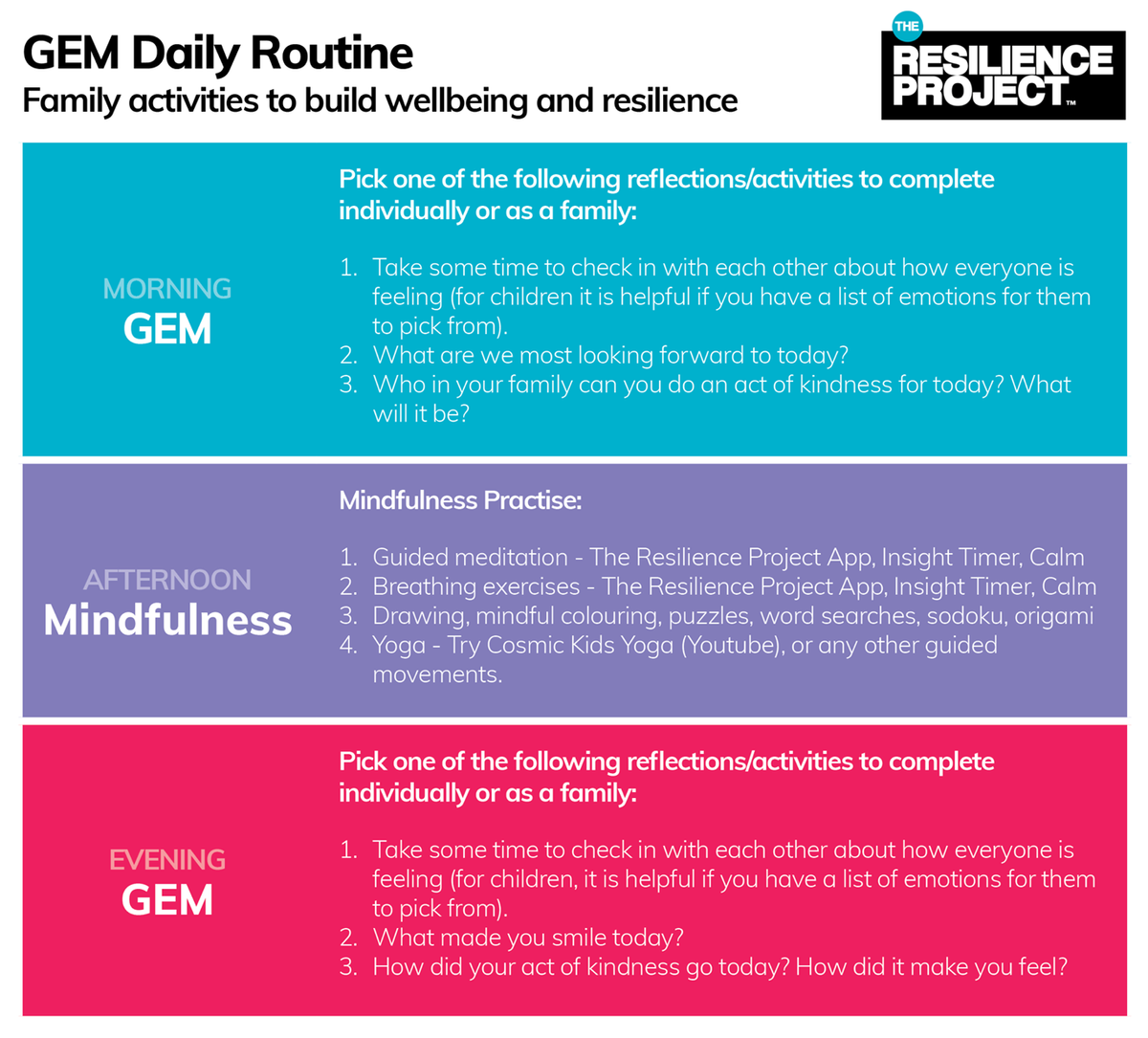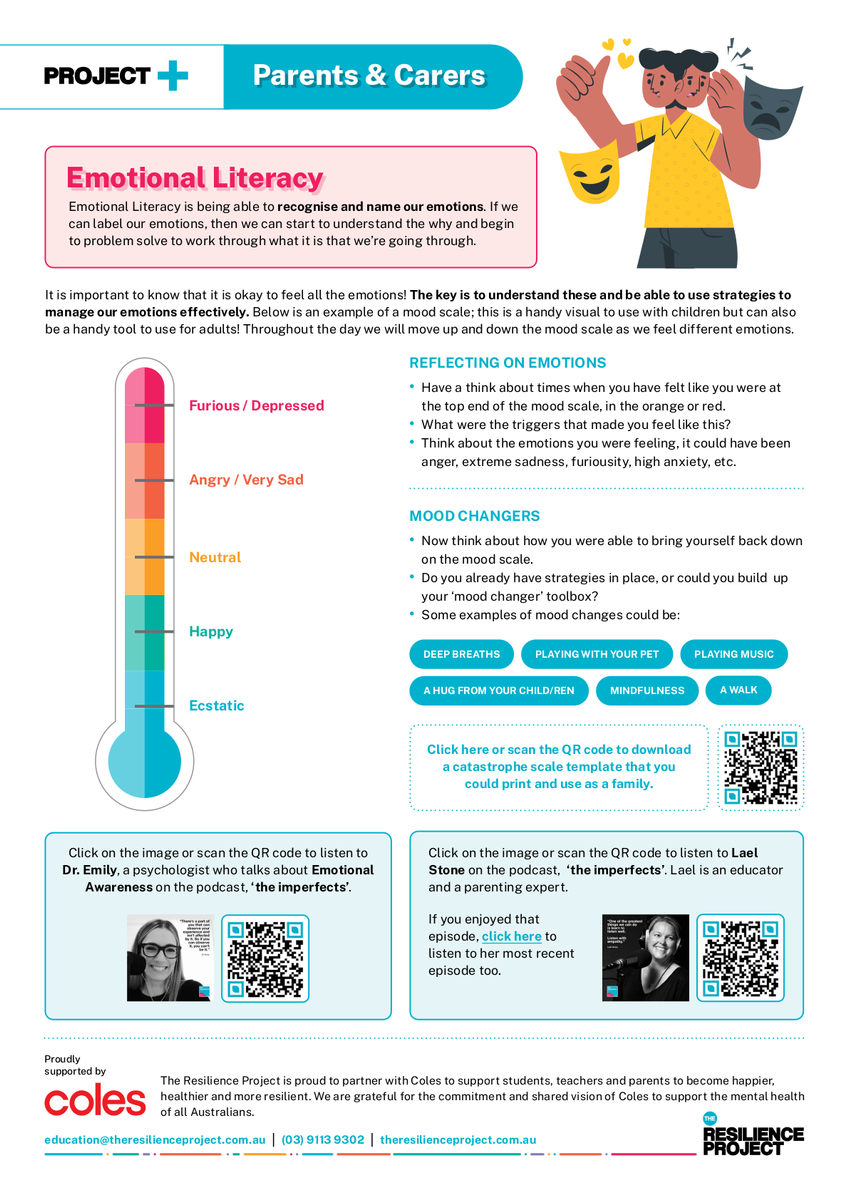Community Wellbeing

Meet the College Wellbeing Team
Student wellbeing is an integral part of learning; a person’s emotional, social, mental and physical wellbeing is fundamental. When we are happy, healthy and well-adjusted we are able to learn more effectively and deal with life’s ups and downs. St Anne’s College believes that student wellbeing is a collaborative partnership between staff, parents/carers, our school and parish community.
At St Anne’s College we aim to provide a positive, safe and supportive school environment so that each student can reach their full potential. As a whole school, St Anne’s College facilitates and supports a range of proactive, preventative and early intervention programs across the school along with our SWPBS and school wide expectations. Our wellbeing approach is both proactive, through programs that are embedded in our curriculum, and when required reactive, as we support students in specific times of need.
Wellbeing support provided to students is confidential and optional. The Wellbeing team provides individual counselling and support to students for concerns such as mental health, stress management, friendship problems, grief and loss, social concerns, and general wellbeing. Wellbeing support also includes proactively building students’ resilience skills, communication skills and coping strategies.
Students can self-refer to the student wellbeing team via a student referral form on SIMON or request to speak to a Wellbeing Officer.
Parents are encouraged to speak to their child’s Pastoral Group Leader if they have wellbeing concerns for their child or they can contact the school to speak to a Wellbeing Officer.
*In some instances, a student may be referred to an external support service. We also respect the fact that some students and parents may prefer to seek professional support independent from the school setting. In such cases, the student wellbeing team values working collaboratively with external services. In all cases, we encourage parents to communicate with the school if there is a significant issue affecting their child’s health or wellbeing.
Wellbeing Team
Kate McGrath
DeputyPrincipal of Community Wellbeing
Kate has been at St Anne’s College since it opened in 2019. Kate studied a Bachelor of Education Health and Psychology. Kate has been working within the education sector for over a decade and has worked with students across all schools at St Anne’s College as well as other schools in both the Sandhurst and Melbourne Diocese. Kate stepped into the role of Deputy Principal of Community Wellbeing at the commencement of 2022 and works alongside the wellbeing team to support in the holistic implementation of wellbeing approaches and supports across the college. Kate is also a child safety officer at the College. Kate is passionate about wellbeing and the correlation between wellbeing and overall achievement and flourishing.
Mel Formica
Student Wellbeing Officer/School Counsellor
Available: Monday, Tuesday, Wednesday & Thursday.
Mel has been at St Anne’s College as a Wellbeing Officer/School Counsellor since 2020. Mel is a qualified counsellor and is a member of the Australian Counselling Association. Mel has a Bachelor of Human Services. Mel is also one of the Child Safety Officers at St Anne’s College.
Mel has been working with young people for almost 15 years and has extensive experience supporting vulnerable/at risk young people and families in a wide range of settings and roles. Mel is passionate about supporting students to navigate their way through the various challenges they may face. Mel works across all year levels and is available Monday -Thursday.
Fee Down
Student Wellbeing Officer
Available: Tuesday, Wednesday & Friday
Fee has recently joined the St Anne College community in 2022, taking on a part-time role in the Wellbeing team. Fee has a Bachelor of Social Work degree, along with over a decade of experience in working with vulnerable young people and families in the community. Fee’s passionate about supporting young people to overcome challenges and in helping them find ways so they can have a more positive experience in their environments.
Fees is looking forward to getting to know the St Anne’s College students and community as the year continues.
Eliza Linehan
Student Wellbeing Officer Available: Monday, Tuesday, Thursday & Friday
Eliza joined the St Anne’s College community at the beginning of the year and is working Monday, Tuesday, Thursday and Fridays. Eliza studied in Shepparton and has a Bachelor of Human Services and Master in Social Work. Eliza has been in the NT for the past 12 months working with vulnerable children and young people in school settings. Eliza is passionate about working in school environments with young people of all ages and assisting them to be the best they can be and do the best they can do.
Kara McCann
Mental Health in Primary Schools Leader
Kara joined the St Anne’s community in 2020. Kara is a passionate educator who has had extensive experience working with primary aged children for over a decade. This year Kara has taken on the role of Mental Health in Primary Schools leader. This is a new role at the College. Kara’s role entails working alongside SOW staff to support in the implementation of evidence based strategies and identification of Mental health concerns and contributors in Primary Schools. Kara also supports parents and learning mentors in the primary years to develop connections with services and supports.
WORTH A LISTEN PODCAST Lael Stone- Creating Emotionally intelligence Humans
Have you ever gone into to battle with a young person? Have you ever thought ahhh why did I have that out burst over eating cereal? Have you ever snapped at someone in your life? We all have moments when we lose our cool. We are all imperfect!
Lael Stone, author, presenter, therapist and parenting expert unpacks how do we help our kids to be amazing humans in the world and also how do we get our kids to do what I want them to.
Lael helps us to understand that although we all lose our cool at times, It is never a child’s job to make an adult feel good! It’s all about modelling “kids can not be what they can not see” and meeting our kids and ourselves with kindness and compassion! Lael encourages to look at our own story to be the best parent we can be!
This incredible podcast from the Imperfects can be found at TRP at home.
After school melt downs
Have you ever arrived at the end of a school day excited to hug your child, ready to hear about all the amazing things they did throughout the day and how much fun they had with their friends? Except… that doesn’t happen. You don’t hear about the amazing things or how much fun they had, instead you experience a full-blown melt down. Screaming, yelling, telling you how bad their school day was and crying all in your direction. As a parent that is in the middle of navigating this myself – I can totally relate.
But, here’s some good news – We are not alone, after-school meltdowns are really common. To a degree its actually a normal healthy response to being an environment that requires so much emotion regulation and impulse control. Going to school can be absolutely exhausting for children. Children use so much energy holding it all together at school; sitting still, learning new things, following the rules and navigating social situations. By the time they get home they are exhausted physically/emotionally and a quick to fall apart.
There are some simple ways support your child to cope with a day’s overwhelming emotions
Leave the questions for later. As a parent or caregiver, we love to jump in and ask all the questions “how was your day?”, “what did you do?”, “who did you play with?” but this can be too much right after pick up. Most children need a little bit of time to zone out before discussing the day. Instead, a simple greeting like “I’m so happy to see you” is a great way to connect and provide some space from the day.
Snacks and more snacks. Children get hangry – get ahead of the hunger crash by having some snacks and water ready for them.
Allow some quite time. Some children will feel very worn out after school so give them some space and time to recharge themselves.
Bedtime routine. Create a bedtime routine to ensure they are well rested for the next day. Spend quality 1-1 time connecting with them at bedtime perhaps reading stories or talking about the following day.
While a meltdown can be upsetting as a parent or caregiver, don’t take it personally. Just remember as adults after an exhausting day we too need time to chill out and be left undisturbed, the same goes for the little humans in our lives. Trust that your child will want you chat about their day in their own time.
Where to go for more support:
STOP FREEZE
Emotional regulation is also closely tied to SELF-CONTROL and being able to manage your physical and emotional states. This game may not seem like it is working to improve emotion regulation, making it more fun for children to PLAY! This is a simple game that can be played for a few minutes to emphasize control of both body and emotions.
You’ll only need music and the ability to pause and restart it frequently. This game may be more fun for children when multiple people participate, even if it is a sibling or another parent.
When music is playing, the child will be encouraged to move and dance. This should allow them to exhibit joyful and happy emotions as well. When the music stops, everyone participating should freeze and revert to a quiet and serious mood.
This contrast between silly and serious further helps to present these differences and promote control in both scenarios. This game is also fantastic for their GROSS MOTOR SKILLS.
To further test control and emotional self-regulation, make the dancing a bit more challenging. For fast-tempo songs, increase the pace of the dancing and slow down the dancing for slow songs. This adds additional stimuli, which can often be a trigger for emotional dysregulation.
Respect everyone and everything
Respect is an intrinsic part of building positive mental health. In this clip, Hugh Van Cuylenburg, founder of The Resilience Project, urges all who support the development of young people to not only speak about respect with young people but model respect.
The Raising Children Network explores the importance that parents play in influencing their child’s behaviour, attitudes and beliefs. This article provides practical tips for parents to positively influence teens and pre-teens and support them with their emotional literacy development and overcoming conflict and challenges, and navigating relationships.
The Resilience Project at Home
The Mental wellbeing of all is so important right now. Over the last few years, we have been confronted and overcome so many obstacles. We all know that modelling is the best way to authentically teach our young people. As parents and carers, being able to model positive steps you take to support your wellbeing is essential for our young people to witness. Incorporating the Resilience Project GEM principles (Gratitude, Empathy & Mindfulness) into your daily routine is a great way for you and your family to stay mentally healthy. Evidence tells us that consistent practise and implementation of the GEM principles will make you happier and more resilient.
For further information see TRP at Home.
Managing Workload and Stress in Preparation for Exams
As our VCE unit 1 and 3 students anticipate the arrival of exams and continue to prepare for their OATs and SACs, levels of tension can become high. It is how ever important to understand there are many strategies that can be implemented to reduce stress surrounding exams and important assessments. Although a little bit of stress can be a great motivator, continual and ongoing stress can inhibit our brain activity and affect our ability to create short term memories making it difficult to learn and take in new information. With this in mind, reducing stress is therefore vital for success and enables you to be your best! Have a look at our Alphabet Guide to Exam Success and the other resources below to support you to be your best come exam and assessment time!
- Ask- Ask your teachers for addition help and support. If you aren’t sure or need further clarification to develop or deep your understanding, ask!
- Break- Take a break. Taking regular short breaks to eat, drink and play is important and can help to relax the brain and incubate knowledge.
- Calendar- Have a calendar set up that enable you put in your life events as well as dates of assessments and exams. This can help to map and pre-plan time to study as well as work, socialise and exercise.
- Drink Water! avoiding sugary and highly caffeinated drinks and sticking to water will help you stay hydrated and be at your best.
- Eat well: Our bodies need the fuel to work productively. Ensure you have a balanced diet and are eating regularly to support your body to function effectively. snacks that will power your brain and keep you alert. Steer clear of items that are high in sugar, fat and processed carbs.
- Fun Don’t forget to have fun! find the time to socialise with your friends, set aside the time to do the activities you enjoy!
- Goals: Set goals that you manageable and achievable.
- Help seeking: if you find that you are not travelling OK, seek help from trusted adults, friends or reach out to kidshelpline, headspace or reachout!
- Invest time: invest the time into study. Deliberately set aside portions of time that you will commit to a study routine.
- Joy: remember that this time is a part of your life you will remember for ever. Remember to find your joy in every day!
- Kindness: Being kind to yourself and your loved ones. when we are stressed sometimes, we act in ways we sometimes we regret later. Be patient considerate and kind to those around you and to you yourself!
- Learning style- know the way that you learn best you might even take the Reach Out study Style quiz to enable you to work our what works best for you.
- Mindfulness- Mindful means being aware and in the present moment Mind-full is being consumed by our thoughts and worries. Take time to be mindful, take 1 thing at a time and clear your mind. there are many ways you can incorporate this practice, check out The Resilience Project for ideas.
- Notetaking – During your learning sessions, take notes to refer back to. having clear notes on the relevant information that you can go back to it
- Prepare- plan what you want to work on each study session. Make sure you have pre-prepared when the assessments are so you can inform your workplace/ sporting club you may be unavailable. consider preparing mind maps, cue cards and other study tools to enable you to practice prior to the exams and assessments.
- Quiet- Find a quiet space to study that is free of distraction to help you focus.
- Reflect – consider what is working well and what are the things you need to work on to improve. review past assessments and papers.
- Switch off: When you have set aside dedicated time to study switch off your phones and devices and TV. This will enable you to remain fully focused on the task at hand and enabling you to take in the information.
- Teach others: Speak aloud about the things you have been study and teach others in your household of friend group. creating and Reciting a presentation aloud to someone else is proven help the details stick in your mind, and your audience may be able to point out gaps in your knowledge.
- Use all your resources: ask your teachers for addition help at break times, ask friends to form a study group, use a variety of sources to assist you.
- Visual aids: creating and using graphics, diagrams, flash cards, video and colour codes can assist particularly the visual learners remember vital information
- Walk- going for a short walk outside can be a great method for mindfulness, exercise, fresh air and clearing the mind.
- eXercise: regularly exercise and activity is vital for overall health. Ensure yo9u are finding the time to incorporate regular exercise into your day.
- You! You are so important and you must continue to check in on yourself to ensure you are looking after yourself.
- ZZZ….Sleep! Sleep is important for you to be at your best. Teens need sleep for between 8-10 hours per night. sleep helps you pay attention and learn in school, improve athletic performance, grow and develop normally and be healthy.
- Organisation: Being organised! bring all your materials and requirements to your classes and bring them home when you plan to study. set up organisational routines/ checklists and pack your bag the night before to be ready. keep your notes and handouts in order and recheck the subject outlines and course guides.
Further Resources to support:
7 tips for managing exam stress (parents)
https://kidshelpline.com.au/parents/issues/helping-kids-cope-exam-stress-0
Nemours Kids Health:
https://kidshealth.org/en/teens/how-much-sleep.html
Kids helpline
https://kidshelpline.com.au/teens/issues/exam-stress
https://kidshelpline.com.au/kids/issues/making-homework-easier
https://kidshelpline.com.au/tools/apps/my-study-life-school-planner
https://kidshelpline.com.au/teens/issues/looking-after-yourself
Reach out
https://au.reachout.com/articles/study-hacks
https://au.reachout.com/study-work-and-money/school-and-study
Head space
https://headspace.org.au/explore-topics/for-young-people/prepare-for-exams/
Support children to stay safe online
From the time our children are born, we all put measures in place to keep our kids safe. We constantly discuss the importance of wearing bike helmets and seatbelts, crossing at the lights, not talking to strangers and staying away from hot surfaces all in the name of safety.
In today's digitally connected world, parents have to not only help navigate the safety aspects of children and young people in our physical world but also in our online world. The online world brings with it many benefits but also challenges and risks. Technology is a part of our children’s world from a young age. Children have access to online programs in their prams. The safety commissioner promotes that it is never too early to be talking to our kids about online safety. The Daniel Morecombe Foundation also has many practical tips on the measures that can be taken to support your child in being safe online.
Every Day Counts!
Did you know, students who attend school regularly are more likely to have higher paying jobs when they leave school and overall better health?
A day here or there doesn’t seem that much, but each day adds up. If a child misses two days a month, that can equal up to four weeks across the year. This equates to one year of lost learning across a child’s school journey from Foundation to Y12! Every day counts.
Attendance is an important contributor to a student’s academic achievement and social engagement. When children miss days of school it can make it harder for them to catch up. They might fall behind and it impacts the ability to make important social connections and build relationships with their peers. This can attribute to increased feelings of anxiety and attribute to mental health problems later in life.
Parents play an important role in helping children develop healthy attendance patterns.
Parents can implement consistent morning routines at home and help their child to develop healthy sleeping patterns by minimising and setting boundaries around technology of a night time and setting up expected bed times. Where possible, making appointments outside of school hours and taking holidays in the school holiday periods can also decrease your child’s rate of absenteeism.
There are few acceptable reasons why a child should be absent from school, however if your child is unwell, there is a bereavement or a religious reason, please contact the college to notify of your child’s absence by calling the administration office on (03) 4812 2993 or by logging a parent notified absence on PAM.
If your child is showing signs of school refusal, please make contact with your child’s Pastoral Group Leader to make a time to meet to discuss how we can work together to support your child to have success.
Set your child up for a bright future - every minute of every day counts.
- Kate McGrath, Deputy Principal Community Wellbeing


